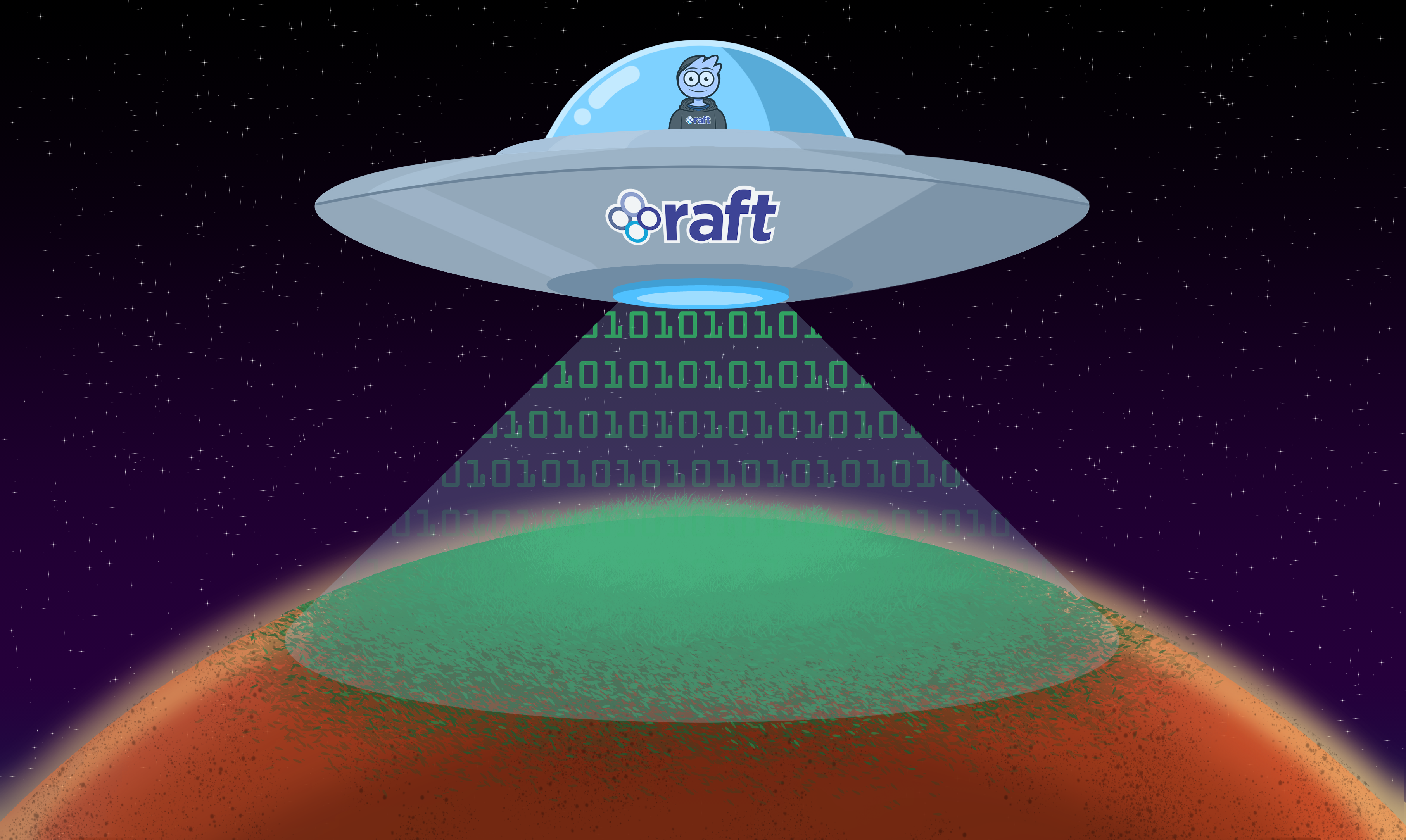The Defense Department and all its components are innovating and constantly thinking about the future of national security. It’s looking to expand next-generation capabilities within the military and protect the nation from the ever-increasing threats and sophistication of cyberattacks from adversaries.
The Department of Defense (DoD) can’t do that without brilliant people, of course.
But here’s the catch:
The defense industry (and government as a whole) often loses the fight for tech talent, as private sector tends to offer higher salaries to skilled technologists. That’s important, of course, but perhaps consider the value of mission, outcome and difference-making. Consider doing work that makes an impact, that changes our country – for the better.
DoD needs young talent and those in senior roles alike to bring fresh ideas, unique perspectives and creative problem-solving methods to the table. DoD needs both physical diversity (especially women and minorities) and diversity of thought.
Diversity can improve the quality of decision-making. Perspectives can spur innovation and diversity of thought can overpower unconscious bias.
The opportunities and environments for innovation and change are there if you look for them. And the threshold for entering the defense industry isn’t as high as it seems. Bring your knowledge and an open mind – and you’d be surprised what may await you.
Getting Started with a Defense Tech Career
There are 2-year fellowships, like the U.S. Digital Corps, where young talent can build their technology careers while serving the country. There are private sector-like hubs, like the U.S. Digital Services, which brings industry best practices to support government modernization initiatives; and the Defense Digital Service, which unites engineers, data scientists, product managers and designers from industry, government and the military to work within the Office of the Secretary of Defense.
Trust me, I didn’t know what would be waiting on the other side when I joined the defense tech industry. In fact, I was a complete “outsider,” someone who wasn’t in the sector at all when I made the switch. I just wanted to jump in and start fixing things. Individuals aren’t the only ones who can help the government, though.
Private Sector Can Help the Public Sector
Private companies can help the federal government and defense solve complex problems, too. They can engineer and innovate solutions, and bring their commercial technologies to the government. Thanks to groups and programs like the Defense Entrepreneurs Forum and the Small Business Innovation Research/Small Business Technology Transfer programs. SBIR and STTR encourage small businesses in the U.S. to join federal research/research and development with potential for commercialization. The programs empower small businesses to explore new technologies and experiment, and get rewarded for their successful efforts.
Those programs are becoming increasingly important, especially with the Ukraine-Russia war.
In fact, the Defense Department released a notice earlier this week about searching for “disruptive technologies that will enable the warfighter.” It stated that our adversaries, like Russia and China, are heavily investing in R&D for various capabilities, such as cyber, space, hypersonics, autonomy and nuclear.
And we should be doing the same.


